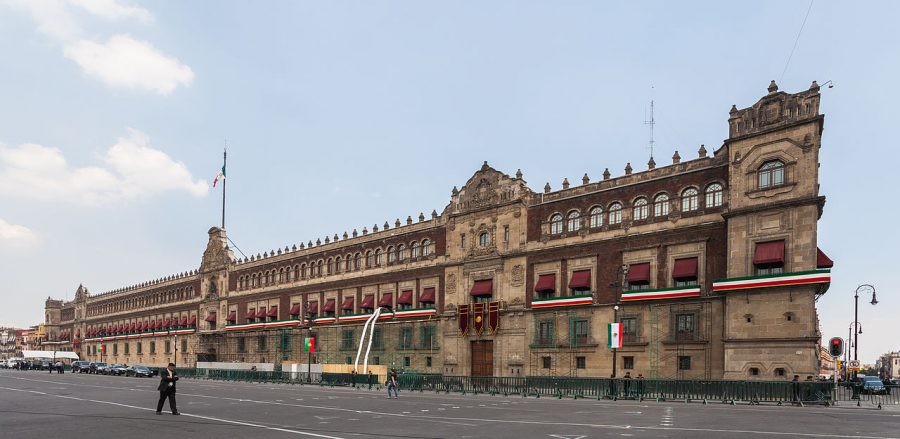Mexico’s capital Mexico City seems trapped in a sheer unbreakable cycle, with the power to make the city collapse, quite literally.
As one of the world’s largest cities, Mexico City is home to about 21 million people, being about 20 percent of Mexico’s population. Estimates suggest that the city will count 30 million people by 2030, which would further increase a problem the city is unable to handle today, the rising demand for water.
“I’ve read a couple of articles on the topic.”, said senior Jonathon Compton. “I just hope they find a solution for the problem as soon as possible because the geographic location is definitely going to negatively impact them in the long run.”
Being built on a lake during the Aztec period does not play in the cities favor, since drilling for water has proven to be weakening the ancient already overloaded lake sediments, leading to huge parts of Mexico City sinking at rates as high as 9 inches per year. The only remaining options for the metropole are to fix their sewing system, install rain collecting tanks and to import its water.
All suggested solutions impose a major problem, they are extremely cost-intensive and with an ever rising global temperature, something needs to be done now. However, if the Mexican government is unable to provide funds, the help of the rest of the world, especially the one from the United States and Canada, is needed.
Why should our tax money be spent in a different country? The answer is simple, consider that nothing is done to fix Mexico City’s problem and that global temperatures have risen significantly due to climate change. We would find the city on the verge of collapse, and most importantly, the people hopeless and willing to leave, unable to make a living without affordable water.
“I can only imagine how terrible the situation can get.”, said senior Jaejun Shin. “People having to spend so much money on a basic necessity has to lead to things like paying rent or having a car to be basically unobtainable.”
It would be no wonder, if those masses, once on the move, leave Mexico behind completely in the search for a better life in the North or in the South. Primary destinations being the United States and Guatemala who directly border Mexico. Help will be needed, but can be delivered now with lower of a cost and as a sign of respect and acknowledgement for our neighbor.
And even if all of this seems like speculation, why risk such a disaster, when a solution can be found today. The problem is real and ongoing and needs to be solved now.









